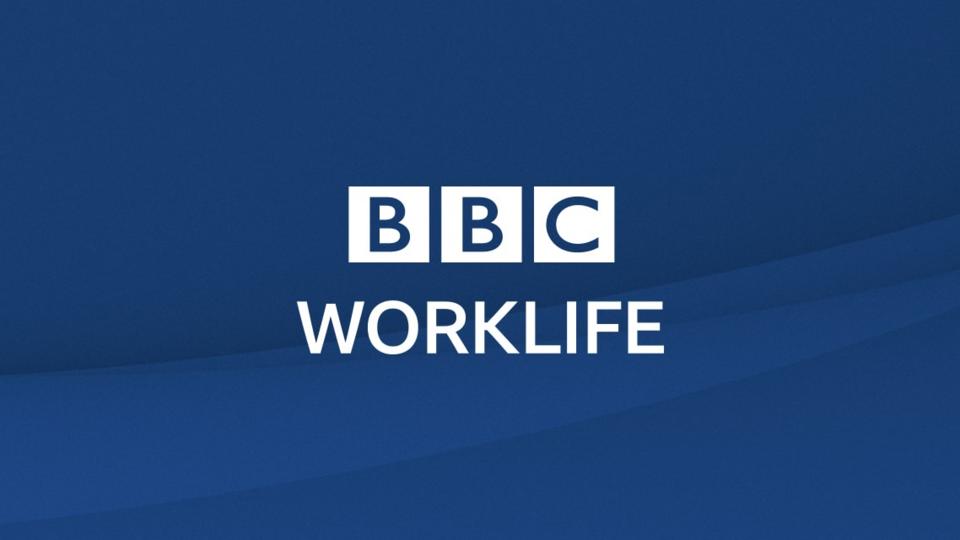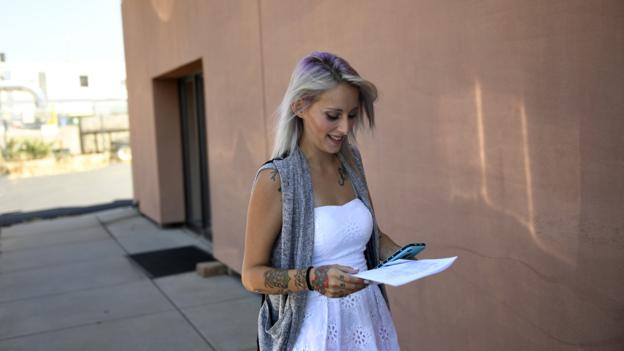For many busy people, leisure time is a more precious resource than money – so what should you do in those few prized hours that will mitigate your stress and provide a long-lasting sense of satisfaction?
According to scientific research, you should focus on “flow activities” – those that require deep involvement, so that you forget about the passing of time, and challenge you in a way that just exceeds your current abilities. But what exactly is flow?
When you enter a state of flow, the outside world melts away and you’re able to focus on the present moment entirely. Think of a footballer dribbling towards the net, dodging defenders and planning out a shot on goal; or a pianist playing with two hands up and down the keys, using complex fingering and pressure to create dynamic music. It’s when you put your thinking aside and simply act.
And flow isn’t exclusive to artists and athletes. Anyone can experience flow when fully engaged with their work or hobbies. All it takes is a challenging but surmountable activity, an environment that supports that activity and the time to allow oneself to sink into the moment.
Research has even found that when you enter a state of flow, your breathing deepens and your heart rate slows. In a work setting, the physical switch can translate to increased productivity and motivation.
So how can you trigger your own state of flow? It isn’t as easy as it seems. Eliminating distractions from your phones and other devices can be a daunting task, especially at the office. And finding the right balance between the difficulty of an activity and your own ability is tricky. It must be challenging enough to force you into hyper-focus to complete it, but not so challenging that it causes you stress.
Finally, the activity must also be something that you care about. Something as simple as knitting a scarf or as convoluted as filing taxes can induce a healthy state of flow if your skills match up in the right way.
In the video above, author and futurist James Wallman shares his tips on how you can access your own flow state.
Interview by Elizabeth Hotson. Animation by Leah Dubuc.












